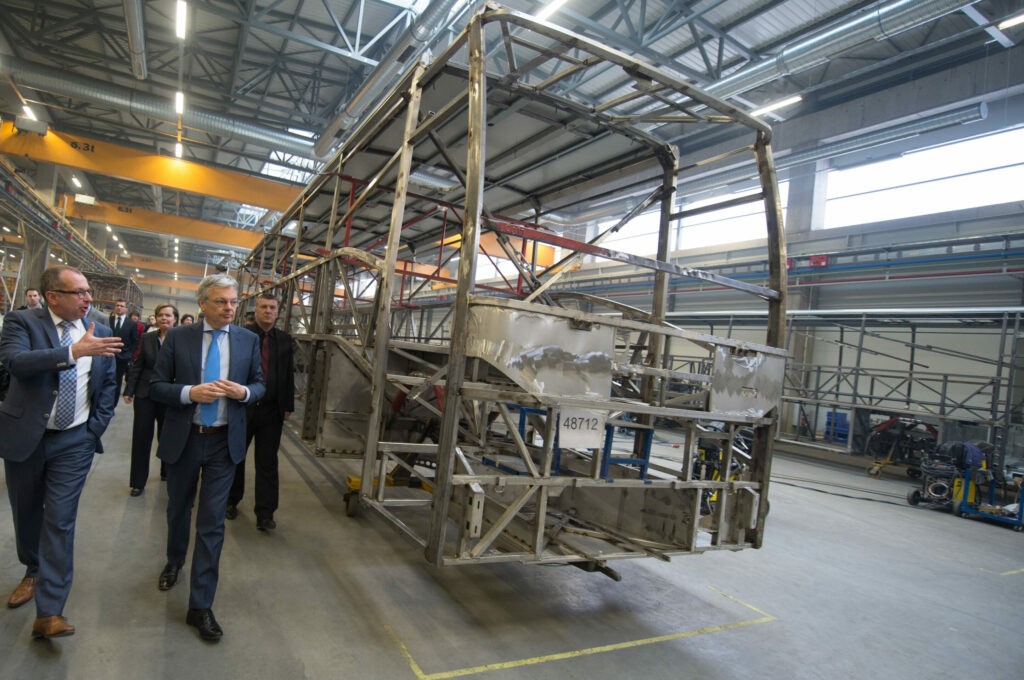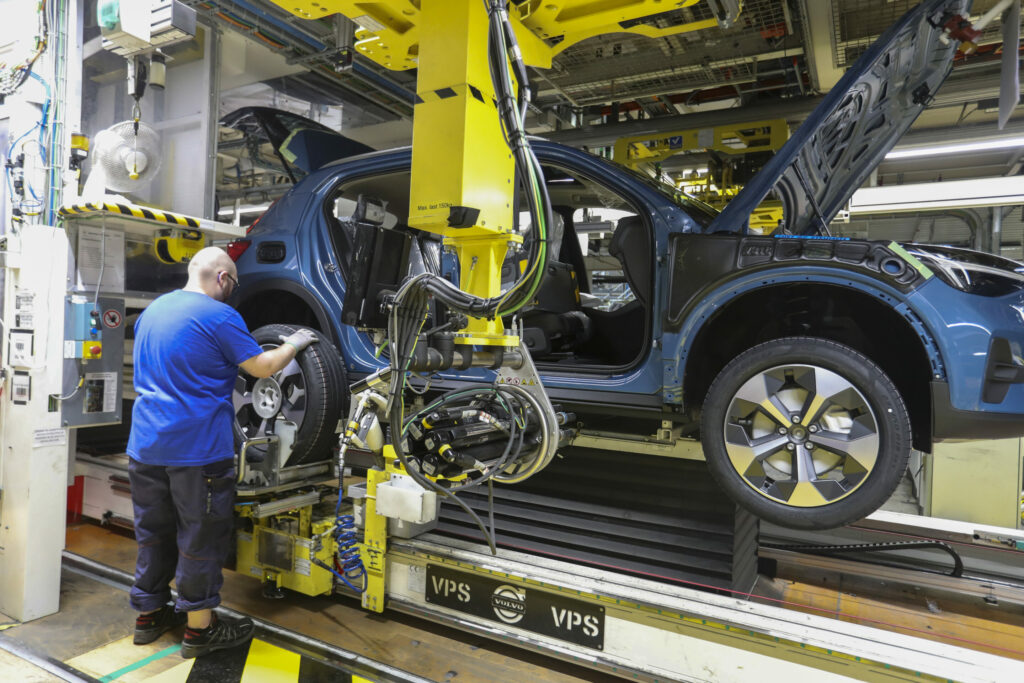The Belgian economy is estimated to have grown by 0.2% in the third quarter, as the central bank says the effect of "exceptional" shocks to the vehicle manufacturing industry should have eased over the last three months.
Without specifically naming the Audi Brussels plant in Forest, which is currently closed amid ongoing tensions between management and staff over the future of production at the site, the National Bank of Belgium (NBB) noted that if vehicle manufacturing were to resume in the Brussels-Capital Region, it could boost economic growth by about 0.1 percentage points in the near-term.
Latest statistics show that Belgium's economic growth came to 0.2% in the second quarter of 2024. This was in line with an earlier flash estimate from the National Accounts Institute (NAI) but lower than the 0.4% growth estimated in June. The NBB attributed the fall from the June estimate to an "asymmetric shock that affected vehicle manufacturing through a bankruptcy and production declines".
"Much of the deceleration appears due to an asymmetric demand shock that hit Belgian vehicle manufacturing plants. Consumers have been shifting away from the electric vehicle models made in Belgium, and a large company in the industry declared bankruptcy in the second quarter," the NBB said.
In April, Belgian family-run bus manufacturer Van Hool filed for bankruptcy, putting around 1,600 jobs at risk as one of the biggest mass redundancies ever in Belgium.

A Van Hool bus factory, April 2015. Credit: Belga
Meanwhile, in the second quarter warning signs were already evident for Audi Brussels, as the car manufacturer announced it was cutting production and eliminating temporary jobs. The NBB said that a growth rate of 0.2% in the third quarter of 2024 is the "most plausible estimate" for the Belgian economy.
The central bank noted that while private demand and manufacturing output are likely to remain "quite weak", the "gradual unwinding of the exceptional asymmetric shock on vehicle production" should drive growth.
Household, business and government spending
Meanwhile, household consumption grew moderately in the second quarter of the year and consumer sentiment rebounded (albeit from a weak base). But the bank singled out weak investment in home renovations, held back by high building costs and interest rates.
Net exports boosted overall activity growth in the second quarter, though the NBB believes that in the near term trade will be "sluggish" until competitiveness improves gradually. "Overall, the underlying contribution of net exports to GDP growth should remain positive in the current quarter," the central bank said.
Finally, the bank said that government spending should moderate slightly in the third quarter, and government investment growth "should continue to benefit from the electoral cycle, as well as the roll-out of large investment programmes".

